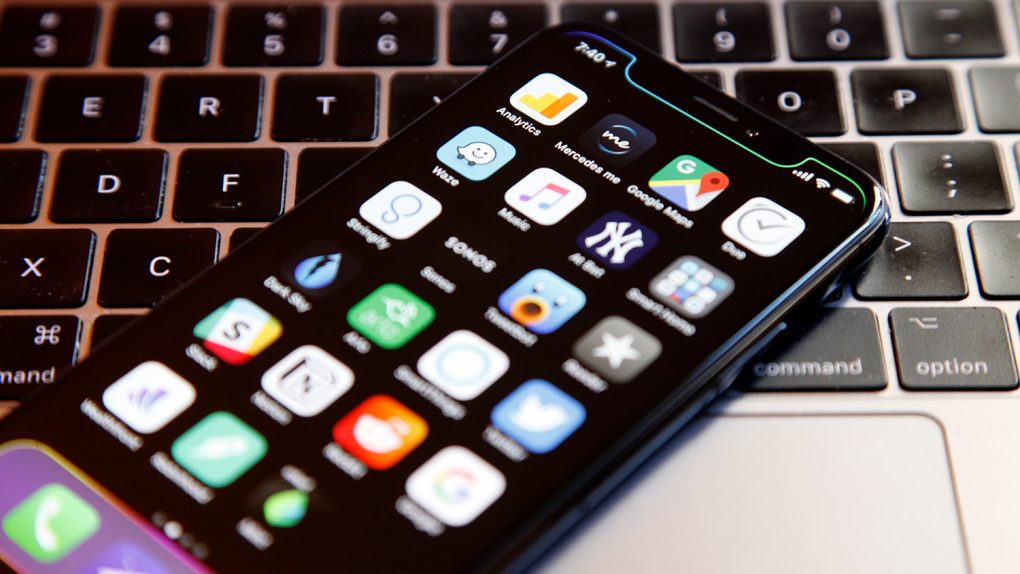Apple is set to launch three new iPhones X successors this year, which will likely become instant hits with consumers, much like every other iPhone launch to date. The phones are expected to offer a similar design as the current iPhone X flagship, but pack improved hardware and run Apple’s recently unveiled iOS 12 right out of the box. Rumors say the flagship models might be cheaper than the iPhone X, while the LCD version should be even more affordable.
The worst thing about the iPhones of the near and distant future, however, might not be the notch design or the sky-high price. It’s actually the Donald Trump factor that might have a negative impact on your iPhone experience.
Apple is worried that the escalating trade war with China might have a negative impact on Appel’s business in the region, The New York Times reports.
Tim Cook reportedly met with Trump and members of his cabinet, advising the administration to understand that a trade war is terrible for the economy and Apple. In a meeting with Trump and Larry Kudlow, Cook praised the corporate tax rules the administration passed last year but said a trade war could negate them.
The tariffs that Trump wants to impose on goods from China would become a tax on consumers. The Apple exec also explain that the trade deficit is inflated because of flaws in the way it’s calculated.
The Trump administration told Cook that it would not place tariffs on iPhones, which are assembled entirely in China. That appears to be good news for consumers, but that’s not enough to put Apple’s worries to rest.
Even if Trump doesn’t impose tariffs on Apple, China may always decide to take various measures against Apple locally. Apple is the most successful US tech company operating in China, mainly thanks to Cook’s leadership, with annual revenues of around $50 billion.
But China could retaliate against Apple in response to Trump’s moves. Apple fears that “the Chinese-bureaucracy machine is going to kick in,” which could lead to unwanted issues like shipment delays, and increase scrutiny under the guise of national security concerns. China could also attack Apple in response to the way Chinese companies including ZTE and Huawei have been treated in the US recently, the report notes.
Apple believes that China may have retaliated against the company back in 2014 when Obama indicted five Chinese military hackers. Months later, Chinese regulators delayed the approval of the iPhone 6 citing security reviews.
Cook has been working both with China and the US, the report notes, to advance Apple’s interests. Apple is finding it easier to talk to the Trump administration than Obama’s, and Cook supposedly sees an opening on trade issues because there’s disagreement on China in the White House. Cook ultimately doesn’t believe that Chinese retaliation against Apple, or a trade war, will happen.








